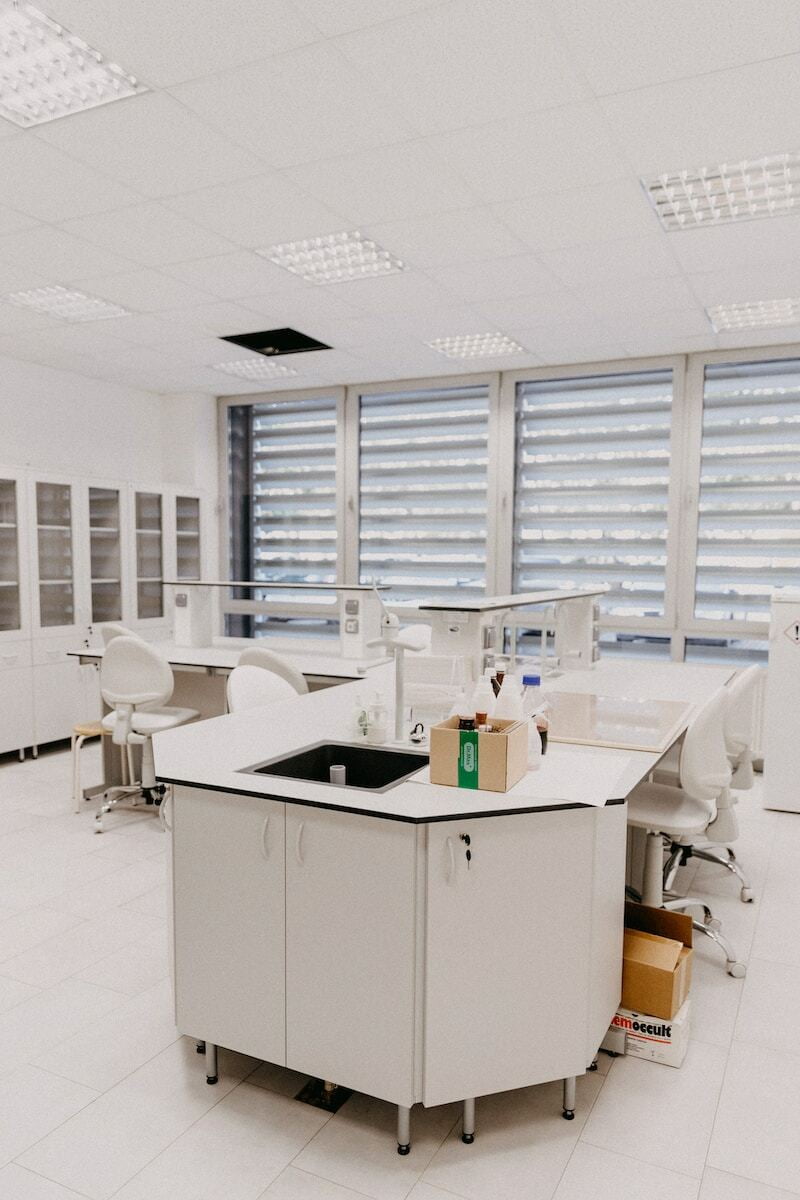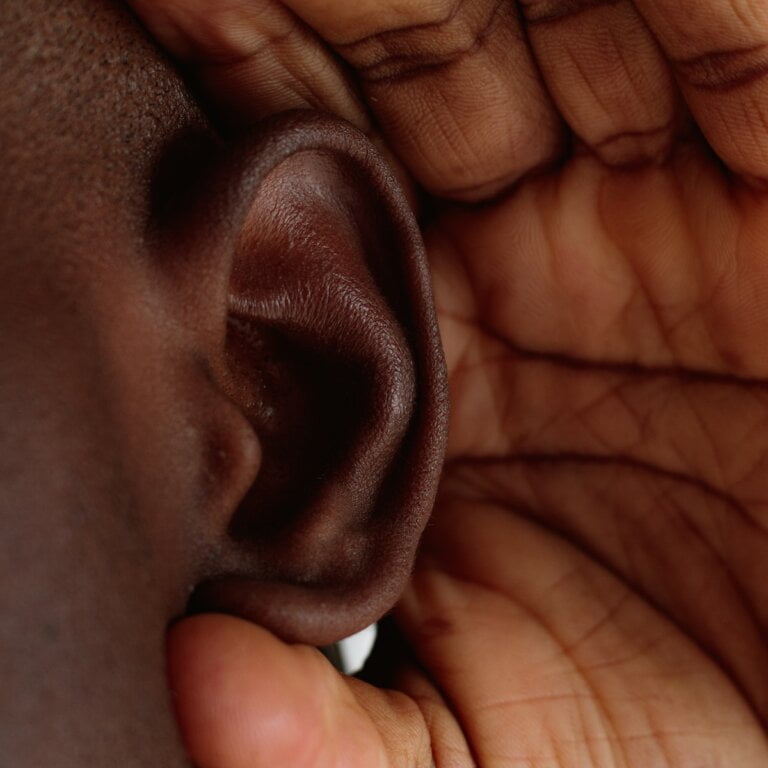Moisture Matters: Strategies for Maintaining Healthy Ear Moisture Balance
Last Updated on 25th April 2024 by Admin
Our ears play a crucial role in our overall well-being and daily communication. It is essential to maintain a healthy moisture balance within the ears to ensure their proper functioning and prevent discomfort or potential complications. In this article, we will explore various strategies and tips to help you maintain optimal ear moisture balance.
Understanding the Importance of Ear Moisture Balance
Before diving into the strategies, let’s understand why maintaining a healthy moisture balance in the ears is so crucial. The human ear consists of three main parts: the outer ear, middle ear, and inner ear. Each part has a specific function, and moisture plays a vital role in maintaining these functions.
The Outer Ear
The outer ear, including the visible part called the pinna, collects sound waves and directs them into the ear canal. It also helps protect the delicate structures within the ear from debris and foreign particles. To maintain a healthy moisture balance in the outer ear, it is important to avoid excessive moisture and keep it clean. Excessive moisture can lead to the growth of bacteria and fungi, causing infections and discomfort. After swimming, showering, or any water-related activities, it is crucial to dry your ears thoroughly. You can tilt your head to the side and gently pull on your earlobe to help water drain out of the ear canal. Additionally, using a soft, clean towel or a hairdryer on the lowest setting can help gently dry your ears. However, make sure the hairdryer is not too close to the ear to avoid heat damage.
The Middle Ear
The middle ear contains the eardrum and three tiny bones called ossicles. It amplifies and transmits sound vibrations from the eardrum to the inner ear. To maintain a healthy moisture balance in the middle ear, it is important to ensure optimal humidity levels. Maintaining the right humidity levels in your environment can help prevent excessive dryness or moisture in the ears. Using a humidifier in dry environments can add moisture to the air, which can be particularly beneficial during the winter months when indoor heating systems can cause dryness. On the other hand, it is important to be cautious of excessively humid environments, such as steam rooms or saunas, as they can create an ideal breeding ground for bacteria and fungi. Limiting your time in such environments can help maintain a healthy moisture balance in the middle ear.
The Inner Ear
The inner ear is responsible for converting sound vibrations into electrical signals that can be interpreted by the brain. It also plays a crucial role in maintaining balance and equilibrium. The inner ear contains fluid-filled structures, and any disruption in the moisture balance can affect hearing and balance functions. To maintain a healthy moisture balance in the inner ear, it is important to prioritize safe ear hygiene practices and seek professional help when necessary. While proper ear hygiene is essential, it is important to clean your ears safely to avoid damaging the delicate structures. Avoid using cotton swabs or any other objects to clean the inside of your ears, as they can push earwax further into the ear canal, leading to blockages or damage. Instead, gently clean the outer part of the ear with a soft cloth or tissue. If you experience excessive earwax buildup or discomfort, it is advisable to consult a healthcare professional for safe and effective earwax removal. They can properly assess and diagnose any underlying issues affecting your ear moisture balance.
Strategies for Maintaining Healthy Ear Moisture Balance
Now that we understand the importance of ear moisture balance, let’s explore some strategies to help maintain it effectively:
1. Avoid Excessive Moisture
Excessive moisture in the ear can lead to the growth of bacteria and fungi, causing infections and discomfort. To prevent excessive moisture, make sure to dry your ears thoroughly after swimming, showering, or any water-related activities. You can tilt your head to the side and gently pull on your earlobe to help water drain out of the ear canal. Additionally, using a soft, clean towel or a hairdryer on the lowest setting can help gently dry your ears. However, it is important to ensure that the hairdryer is not too close to the ear to avoid heat damage.
2. Maintain Optimal Humidity Levels
Maintaining the right humidity levels in your environment can help prevent excessive dryness or moisture in the ears. Consider using a humidifier in dry environments to add moisture to the air. This can be particularly beneficial during the winter months when indoor heating systems can cause dryness. However, be cautious of excessively humid environments, such as steam rooms or saunas, as they can create an ideal breeding ground for bacteria and fungi. Limiting your time in such environments can help maintain a healthy moisture balance in your ears.
3. Clean Your Ears Safely
Proper ear hygiene is essential for maintaining a healthy moisture balance. However, it is important to clean your ears safely to avoid damaging the delicate structures. Instead of using cotton swabs or any other objects to clean the inside of your ears, which can push earwax further into the ear canal, it is advisable to gently clean the outer part of the ear with a soft cloth or tissue. If you experience excessive earwax buildup or discomfort, it is recommended to consult a healthcare professional for safe and effective earwax removal. They can provide professional assistance and ensure that your ears are properly cleaned without causing any damage.
4. Use Ear Protection
Exposure to loud noises can cause temporary or permanent damage to the ears. To protect your ears from excessive noise, it is important to wear earplugs or earmuffs when in noisy environments, such as concerts, construction sites, or when operating loud machinery. Limiting the use of headphones or earphones at high volume levels, especially for extended periods, can also help prevent damage to your ears.
5. Seek Professional Help When Necessary
If you experience persistent ear discomfort, pain, hearing loss, or any other concerning symptoms, it is important to seek professional help. A healthcare professional, such as an otolaryngologist (ear, nose, and throat specialist), can properly assess and diagnose any underlying issues affecting your ear moisture balance. They can provide appropriate treatment and guidance to ensure the health and well-being of your ears.
Conclusion
Maintaining a healthy moisture balance in the ears is essential for optimal ear health and overall well-being. By following the strategies outlined in this article, you can help prevent excessive moisture or dryness, protect your ears from potential damage, and ensure their proper functioning. Remember to prioritize safe ear hygiene practices and seek professional assistance when necessary for any concerns or symptoms.
Note: The complete article has been shown in markdown format.
FAQ
1. Why is maintaining a healthy moisture balance in the ears important?
Maintaining a healthy moisture balance in the ears is crucial for their proper functioning and to prevent discomfort or potential complications. Excessive moisture can lead to the growth of bacteria and fungi, causing infections, while dryness can cause discomfort and affect hearing and balance functions.
2. How can I avoid excessive moisture in my ears?
To avoid excessive moisture in your ears, make sure to dry them thoroughly after swimming, showering, or any water-related activities. Tilt your head to the side and gently pull on your earlobe to help water drain out of the ear canal. You can also use a soft, clean towel or a hairdryer on the lowest setting to gently dry your ears, but be cautious not to use the hairdryer too close to the ear to avoid heat damage.
3. How can I maintain optimal humidity levels for my ears?
Maintaining optimal humidity levels in your environment can help prevent excessive dryness or moisture in your ears. Consider using a humidifier in dry environments to add moisture to the air, especially during the winter months when indoor heating systems can cause dryness. However, be cautious of excessively humid environments, such as steam rooms or saunas, as they can create an ideal breeding ground for bacteria and fungi.
4. How should I clean my ears safely?
To clean your ears safely, avoid using cotton swabs or any other objects to clean the inside of your ears, as they can push earwax further into the ear canal and cause blockages or damage. Instead, gently clean the outer part of the ear with a soft cloth or tissue. If you experience excessive earwax buildup or discomfort, it is recommended to consult a healthcare professional for safe and effective earwax removal.







